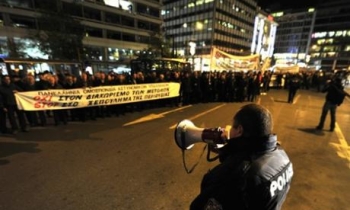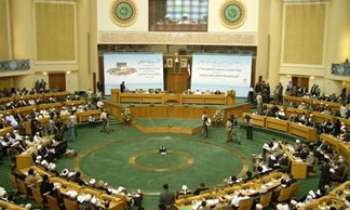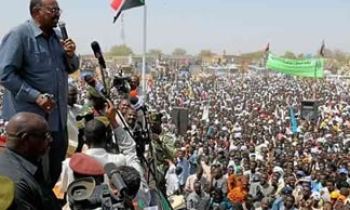ANHRI has condemned the persistence of Egyptian Islamist preacher Sheikh Wajdi Ghunaim in his continuous harassment of the Bahraini newspaper Al-Ayam, and his prosecution of Eisa Al Shayji, the newspaper's editor-in-chief, and journalist-writer Saeed Al-Hamad. Ghunaim is suing the journalists for alleged slander before the Criminal Court.
Ghunaim—an Egyptian preacher expelled from Bahrain in November 2007—initiated the legal action in August 2007, following the publication of an article accusing the Muslim Brotherhood and Ghunaim of having brought extremist ideas into Bahrain and disturbing the relationship between the country's Sunnis and Shiite communities. Ghunaim alleged that the newspaper had offended Islam. The first hearing, originally scheduled for May 26, has been postponed until June 30.
Such increasingly common accusations have come to pose a threat to press freedom, not only in Bahrain but in the entire Arab world, as criticizing a member of the clergy is often equated with criticising religion itself, Arabic Network for Human Rights Information (ANHRI) said in a statement.
"We know that Sheikh Wajdi Ghunaim is a preacher of fanaticism and bigotry, therefore we are very concerned about this case. We call on him to drop this lawsuit, rather than adding it to the growing list of cases brought by religious figures against journalists, in which some are trying to use religion to restrict the press," said Gamal Eid, Executive Director ANHRI.
Despite the Bahraini government's announcement that it had abolished imprisonment as a penalty for publishing crimes, there are still 15 criminal lawsuits outstanding against journalists. Many of these cases involve clerics or religious institutions taking action against journalists who have written critical articles about them. The new law has not yet been implemented, and under the old law these journalists may be sentenced to three years in prison.
The use of legal action by religious figures and institutions to continuously harass journalists has an unacceptable chilling effect on press freedom in the Arab world that should be strongly opposed.









